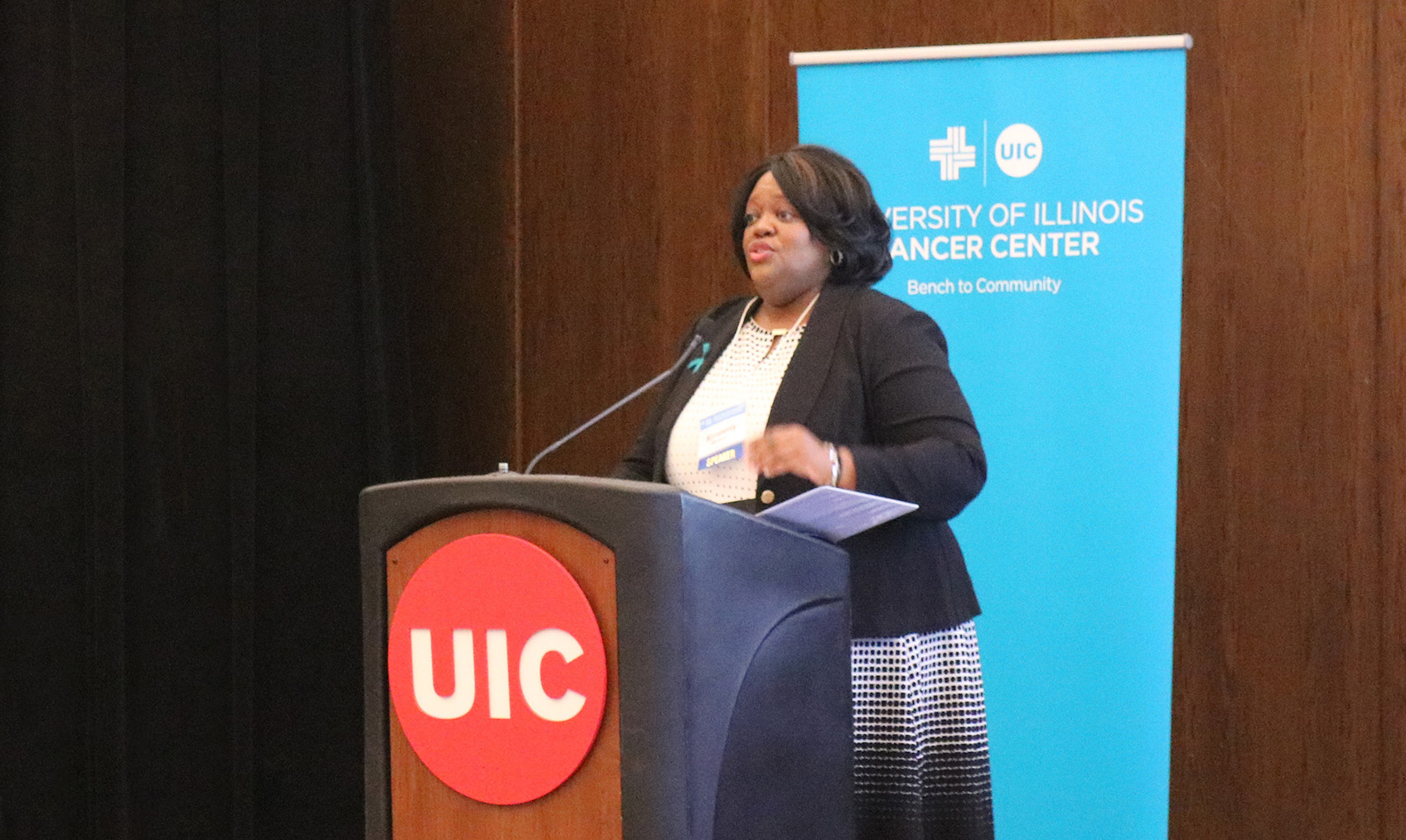
Kimberly Richardson refused to sit quietly by while someone else made a life or death decision for her.
Richardson, an urban planner from Chicago who was diagnosed with a rare form of ovarian cancer six years ago, was strongly recommended by her oncologist to undergo chemotherapy following surgery. The always inquisitive Richardson asked if this was the best treatment option for her. The conversation between the two grew terse.
“My oncologist had the attitude that if I wanted to live I would do as she said,” said Richardson, who opened the Second Annual Dr. Gary Kruh Cancer Research Symposium and Student Poster Competition with her story. “Cancer was new to me, as no one in my family had ever had it. It was an emotional and stressful time for me.
“It’s extremely important that patients have a voice,” said Richardson, who is now cancer-free and a member of the Patient Brigade, a representative group of about a dozen cancer survivors, family of, or supporters of survivors who play an active role in the University of Illinois Cancer Center’s research and community engagement initiatives. “If I’m part of a research study, I should be at the table. I appreciate the zest that all you in this room have for finding a cure for cancer and I respect all of the hard work and training medical professionals go through, but as a human being diagnosed with cancer, I believe I deserve that respect as well.”
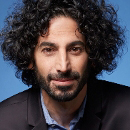
Five renowned cancer researchers presented their latest work following Richardson. Brian Brown, PhD, discussed utilizing pro-codes to enable high-dimensional single-cell CRISPR genomics. One of the major challenges of the post-genome era is annotating the genome, said Brown, associate director of the Precision Immunology Institute at New York’s Mount Sinai Medical Center. There are more than 20,000 genes in the human genome, and the function of many of those is unknown in how diseases are driven or affected, he said.
“Determining the functions of every gene, in different normal and disease processes, is one of the major goals of the modern era of biology,” Brown said. “Solving this problem requires new technologies that enable high-throughput gene modulation (knockout, overexpression, etc.) and allow high content phenotyping so that many genes and phenotypes can be assessed simultaneously.”
In a paper published last year in Nature Communications, Brown described elucidating gene function by pooled screens using current technology such as DNA barcodes. While there are some limitations to this approach – time consuming and mainly limited to screening for genes that impact cell fitness, among others – Brown believes a protein-based barcoding system would enable barcode detection by high resolution means, such as FACS and CyTOF.
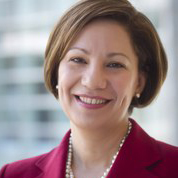
Patricia Rivera, MD, professor of medicine at the University of North Carolina, Chapel Hill, who followed Brown, believes affordable healthcare for all members of a society is a human right. In her research, Rivera has discovered glaring disparities in clinical trial enrollment in lung cancer. African Americans, she said, were more likely to develop and die from lung cancer then individuals of any other racial or ethnic group. The rate of age-adjusted lung cancer incidence among black men is about 32 percent higher than for white men, even though overall exposure to cigarette smoke is lower, she said.
There are numerous ways to improve the enrollment in cancer clinical trials, Rivera said. Recruit minority physicians; build trust through communication between the health care community and the patient population; and educate to raise awareness, teaching individuals about the signs and symptoms of the disease and the importance of treatment.
“The proportion of minority adults enrolled in cancer clinical trials is not adequate or representative of the U.S. population with cancer,” Rivera said. “Eliminating disparities would prevent more lung cancer deaths than Crizotinib, doublet chemotherapy in the elderly, and CT screening combined.”
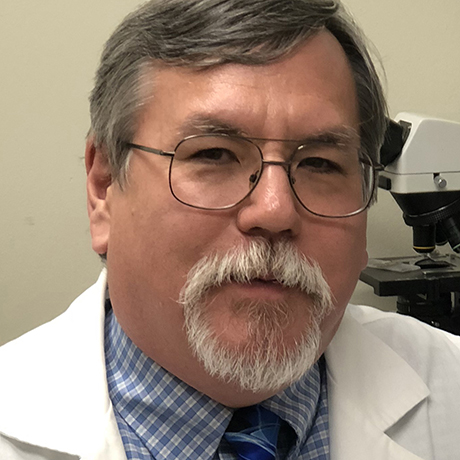
Michael I. Nishimura, PhD, professor of surgery and vice chair for research, Department of Surgery, Loyola University Chicago, discussed how genetically modified T Cells can be used in cancer immunology. A developer of the T cell receptor (TCR), Nishimura has studied the genetics and biology of TCR genes for more than 30 years, and they can safely be used to treat patients with advanced malignancies, he said.
“Our CD34t marker gene allows us to provide patients with purified transduced T cells,” said Nishimura, who is also program leader of cancer immunology at Cardinal Bernardin Cancer Center. “The CD34t marker gene allows us to monitor the T cells in the blood of treated patients and it can have an impact on the disease status of cancer patients.”
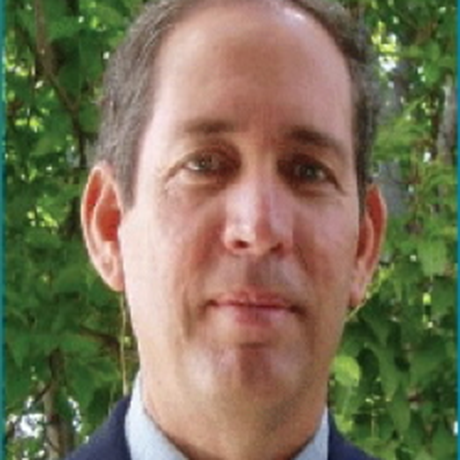
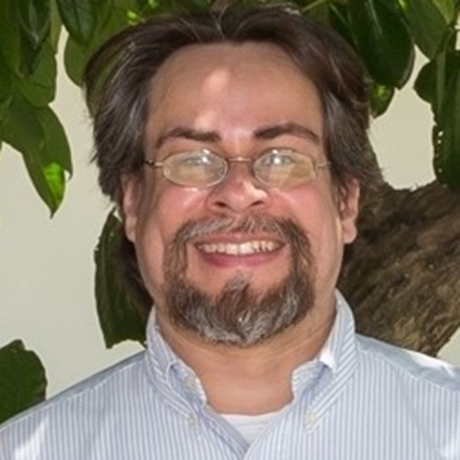
Two additional presenters from Ponce Health Sciences University in Puerto Rico also presented their work. Pedro G. Santiago-Cardona, PhD, discussed the characterization of novel roles for the retinoblastoma tumor suppressor protein (Rb) – traditionally known as a cell cycle repressor – as a regulator of cellular adhesion. And Jaime L. Matta, PhD, a colleague of Santiago-Cardona’s, presented how the partnership between Ponce Health Sciences University and Moffitt Cancer Center in Tampa, Fla., is reducing cancer health disparities in Hispanics.
Following completion of the educational presentations, the winners of the student poster competition were announced. Each of the winners received a $500 prize for their effort. The winners were:
Cancer Biology
Catherine Blaha
The Role of Hexokinase 2 in Breast Cancer Metastasis
Alexander R. Terry
The role of CD36 in tumor redox homeostasis
Cancer Prevention and Control
Ali Alobaidi
Depressive symptoms, mental health-related quality of life, and survival among older patients with multiple myeloma
Kathryn Kim
Skin Self Examination for the Early Detection of Melanoma during the Mammography Experience
Translational Oncology
Neeraj Kumar
Quantifying intrinsic subtype admixture in luminal A breast cancer and its relationship to clinical outcomes
Karol Sokolowski
Development of Locally Deliverable Polymeric Microspheres with Environmentally Specific Release for the Improvement of Cancer Therapy
Layperson Abstract
A new category – Layperson Abstract – was also added this year, where researchers wrote their abstracts in a way for a general audience to understand. The winners were:
Cancer Biology
Alexander R. Terry
Cancer Prevention and Control
Kryztal Pena
Translational Oncology
Abhinav Reddy
